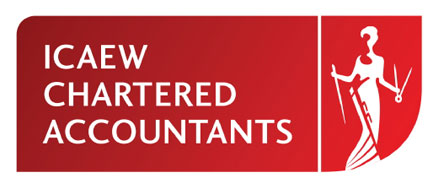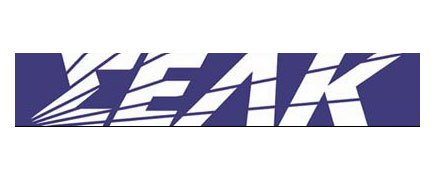Oil Falls as Biggest Gain Since 2009 Prompts Selling on Europe
July 04,2012
Oil fell in New York as investors sold contracts to profit from the biggest price surge in three years before reports today that may signal Europe’s economic slump is deepening.
Futures declined as much as 1.6 percent after surging 9.4 percent on June 29. The jobless rate in the currency bloc probably rose to 11.1 percent in May from 11 percent the prior month, economists surveyed by Bloomberg News said before data today. It would be the highest on record going back to 1990. China’s manufacturing activity slowed in June, according to HSBC Holdings Plc and Markit Economics. A European embargo on Iranian oil started yesterday.
“I suspect all we’re seeing is a trimming of long positions,” said Michael McCarthy, a chief market strategist at CMC Markets Asia Pacific Pty in Sydney, who predicts oil has climbed to a trading zone of $82 a barrel to $88.50 a barrel. “The question for the oil market is how effective these sanctions will be.”
Crude for August delivery dropped as much as $1.34 to $83.62 a barrel in electronic trading on the New York Mercantile Exchange. It was at $83.76 at 2:51 p.m. Singapore time. The contract gained $7.27 on June 29 to $84.96, the highest close since June 6. Prices decreased 18 percent last quarter, the most since the final three months of 2008.
Brent oil for August settlement on the London-based ICE Futures Europe exchange was down as much as $1.75, or 1.8 percent, at $96.05 a barrel. The European benchmark crude was at a $12.87 premium to New York contracts, from $12.84 on June 29.
Bullish Bets
Oil is paring gains today amid speculation Europe’s slowdown is worsening as the region battles a debt crisis. London-based Markit Economics may confirm its gauge of the euro zone’s manufacturing was 44.8 in June on a final reading, unchanged from an initial estimate, according to a separate poll of economists. A level below 50 indicates contraction.
Prices surged June 29 on optimism the crisis may be contained after leaders agreed to ease repayment rules for emergency loans to Spanish banks and relax conditions on help for Italy. Hedge funds raised bullish oil bets for the first time in eight weeks before the price rise, according to a weekly report from the U.S. Commodity Futures Trading Commission.
Crude’s jump brought prices in New York close to technical resistance, prompting investors to sell futures. The August contract has resistance at $85.33 a barrel, the 23.6 percent Fibonacci retracement of the drop to last week’s intraday low of $77.28 from the March 1 high of $111.38, according to data compiled by Bloomberg. Sell orders tend to be clustered near chart-resistance levels.
Iran Supplies
The EU banned the purchase, transportation, financing and insurance of Iranian oil because of the Persian Gulf nation’s nuclear program. The insurance embargo affects 95 percent of the world’s tankers because they’re covered by the 13 members of the London-based International Group of P&I Clubs.
Iran was producing about 3.2 million barrels a day in May, according to estimates compiled by Bloomberg. Full implementation of sanctions will remove about 1 million barrels a day during the second half of the year as buyers disappear and Iranian storage tanks become full, the Paris-based International Energy Agency forecast in a June 13 report.
“The impact of Iran’s oil embargo has already been factored into the price, so there’s no reason the market should react to the start of the sanctions unless something new happens,” Paul Gamble, the head of research at Riyadh-based Jadwa Investment Co., said in a telephone interview yesterday. “Saudi Arabia has kept its production pretty high to cover for Iran, so there’s plenty of oil in the market.”
OPEC Meeting
A reduction in Iranian exports may become the biggest supply disruption from a member of the Organization of Petroleum Exporting Countries since an armed rebellion all but halted pumping in Libya last year, according to the IEA. A strike by oil workers in Norway also curbed flows from North Sea fields.
Iran called on OPEC to hold an emergency meeting to address the group’s production in excess of the targeted 30 million barrels a day, Mehr news agency reported June 30, citing the country’s oil minister.
Disregard of the target by some OPEC members “will negatively impact prices in the international market,” Rostam Qasemi said, according to the state-run agency’s report. “The organization’s members must respect the production ceiling to maintain the supply and demand in oil markets,” he said.
The HSBC Manufacturing Purchasing Managers’ Index fell to 48.2 last month from 48.4 in May. The final figure is higher than the 48.1 flash reading released June 21.
Official figures peg China’s PMI at 50.2 in June, down from 50.4 in May, the Beijing-based National Bureau of Statistics and China Federation of Logistics and Purchasing reported yesterday



